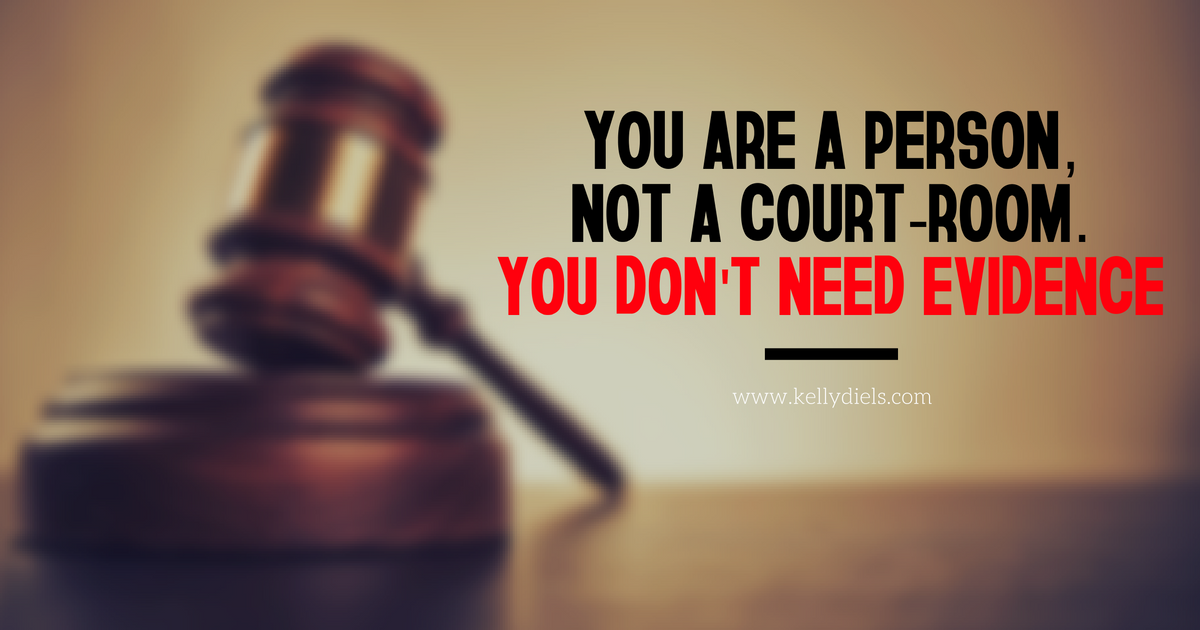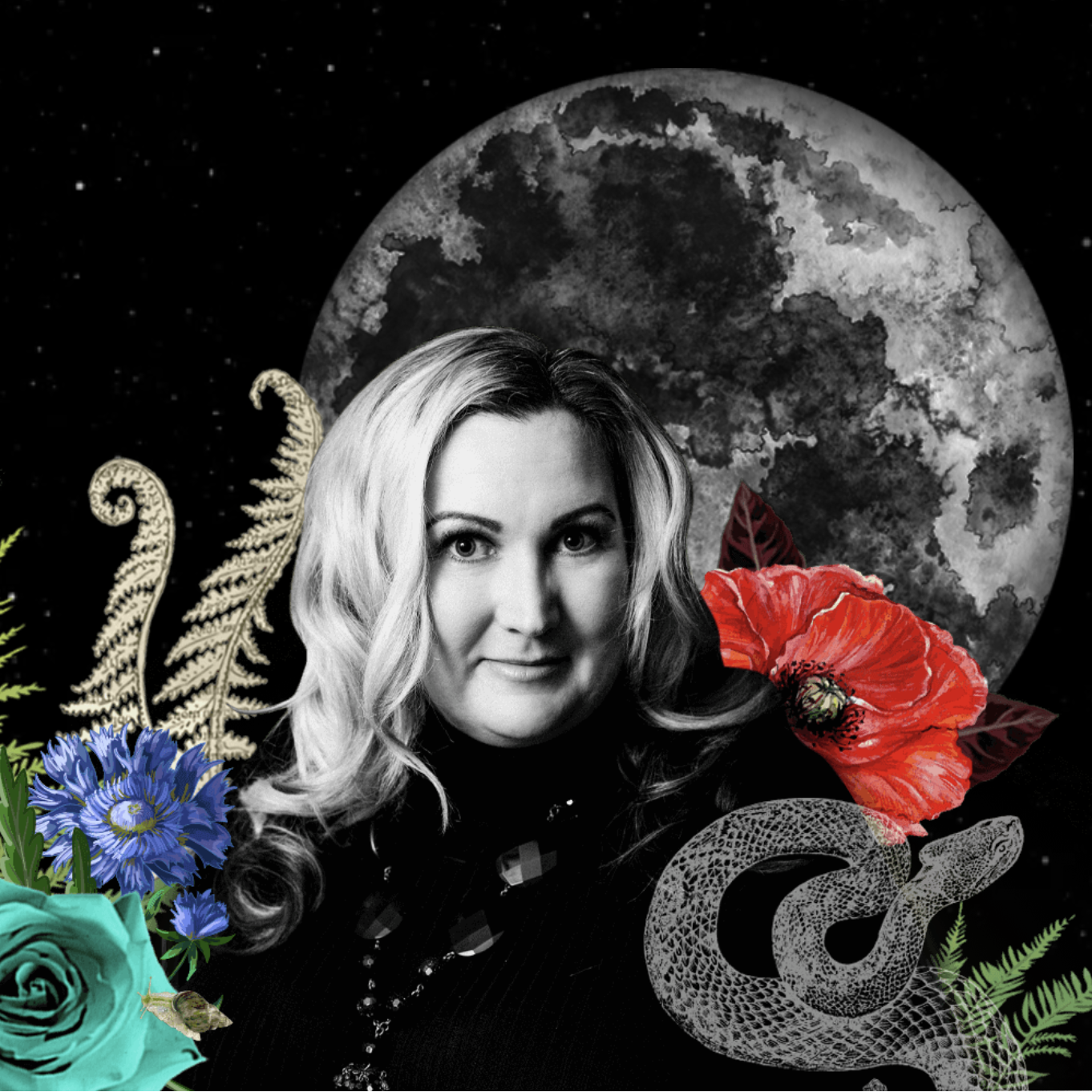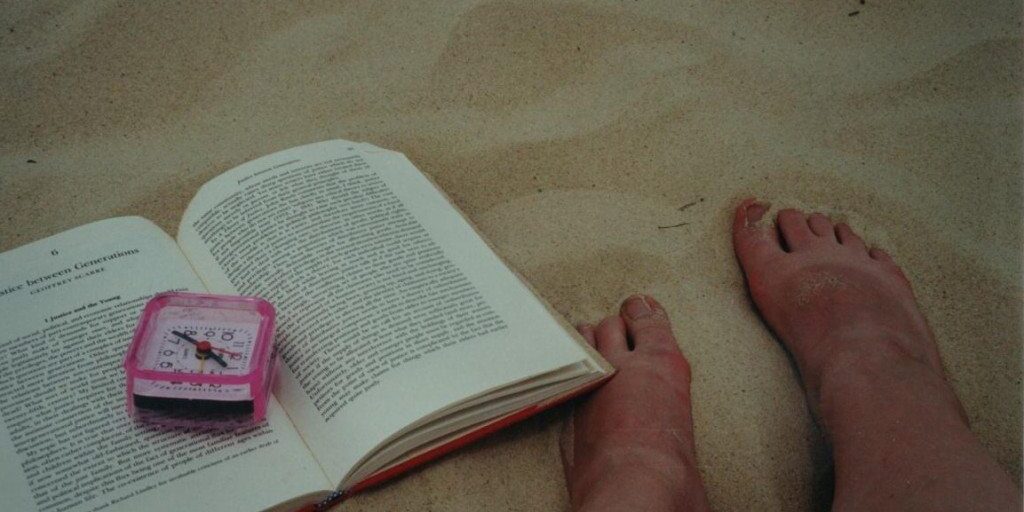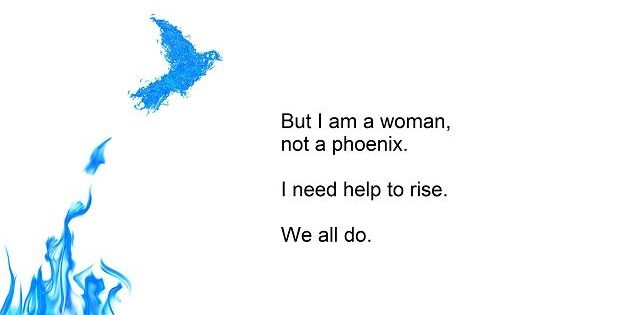
You are a Person, Not a Court-Room. You Don’t Need Evidence.

Sometimes I’ve held off making a decision because I didn’t have evidence that someone was doing what I thought they were doing.
I’m mostly talking about love and romantic deception here, but it applies to family conflict and business and friendship and basically all human interactions.
We often feel uncomfortable with certain behaviours but we don’t have evidence of a grand offense, and so we go to that person, and they contextualize it (this is often a mistake; we’re giving away our power when we allow someone else to be a verbal trickster and redefine our reality), and we allow ourselves to doubt ourselves and be convinced, and we let it go.
Until.
But here’s the thing: I am not a court of law. I am not making a charge so I am not required to prove anything.
I am not making a case and I don’t have to make a case.
If I think something is inappropriate, and I don’t want it in my life, that’s all I need to say and all I need to take action.
I don’t need evidence.
I don’t need to be able to justify myself with reference to an external standard or validated by a consensus.
I need internal resolve and faith in my ability to discern and decide.
In other words, I need boundaries.
I’m not talking about lobbing accusations or mounting an argument — for that, yes, I need proof.
But if I don’t like the way a relative is behaving, for example, I don’t need evidence that she’s philandering, thieving or abusive. Not liking her behaviour is enough to say nope, not around me and not around my children.
My standards are enough. I am a smart and emotionally sentient creature and my standards are reasonable and legitimate. Evidence is not required.
I’ve seen this in family grievances. Someone is behaving badly in a myriad of little ways that *might* indicate a much bigger problem (and usually does), and we wait until we have more evidence to intervene — because what if we’re wrong?
I don’t need to be right. I don’t need evidence of a big offense. The micro-aggressions are enough. I can draw the line there. Why should I accept the tiny incursions into my autonomy and my family’s well-being?
Those tiny incursions can be a form of reality-testing. If we let those things go, it’s likely safe for that person to make progressively larger intrusions.
AND. The other person’s intentions are irrelevant. If I don’t want a particular thing in my life, even if it’s not connected to a future or bigger issue, then I don’t want it and I don’t have to allow it.
I don’t need evidence of a crime or a deception to draw a line about who or what I will accept in my life.
This is my life. No one gets to be in it without my permission.
And I don’t have to prove anything to say no.
Say it with me: Evidence is not required.



